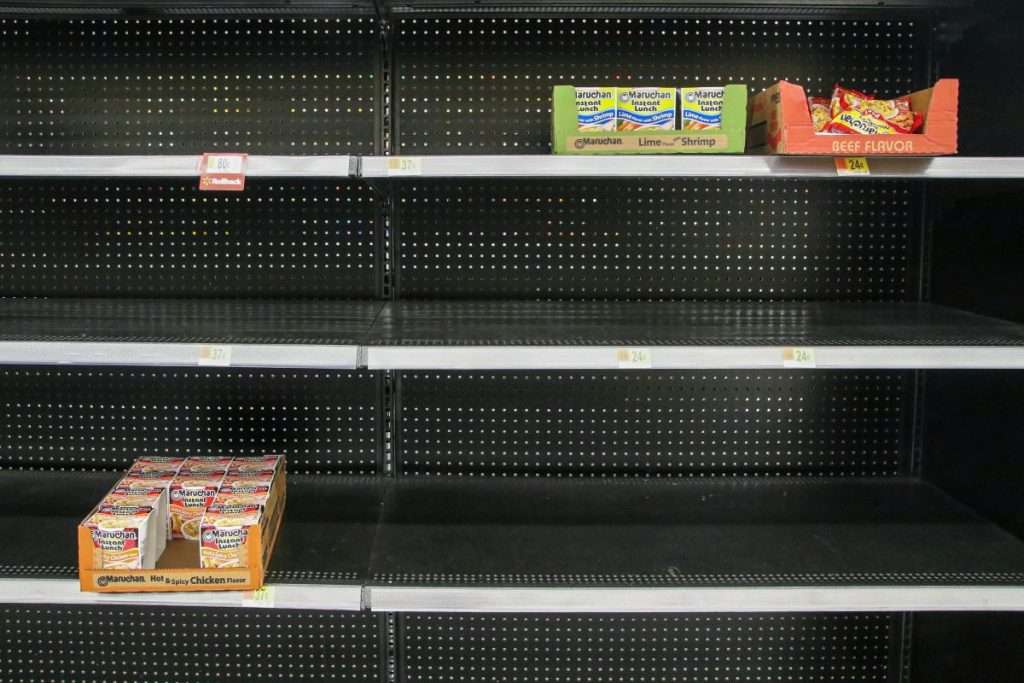As union dockworkers initiated a strike against employers at East and Gulf Coast ports, panic buying at supermarkets was reported almost immediately. Social media platforms were flooded with videos of consumers rushing to purchase essentials like water, toilet paper, and paper towels. The strike, led by the ILA, is against USMX employers over a new master contract. The key issues under negotiation include wages, benefits, and port automation rules.
Impact on Major Ports and Retailers
The strike affects three of the U.S.’s busiest ports: the Port of New York and New Jersey, the Port of Savannah, Georgia, and Port Houston. Major retailers that could face the brunt of the work stoppage include Walmart, Ikea, Samsung, and Home Depot. Walmart, which led all U.S. retailers with the most imports to East and Gulf Coast ports last year, stated that they prepare for any potential disruptions to their supply chain.
Potential Disruption to Domestic Supply Chain
A prolonged strike could cause significant disruption to the domestic supply chain, according to American Farm Bureau Federation Economist Daniel Munch. He highlighted that waterborne exports, which make up over 75% of total U.S. agricultural export volume, could be severely impacted. The strike could disrupt containerized agricultural exports, accounting for 30% of U.S. waterborne agriculture exports by volume. A week-long strike could result in a disruption to overall agricultural trade worth about $1.4 billion each week.
Calls for Government Intervention
Matthew Shay, president and CEO of the National Retail Federation, called on the Biden administration to intervene and help end the strike. He emphasized that a disruption of this scale during the nation’s economic recovery could have devastating consequences for American workers, their families, and local communities. Shay urged the administration to prioritize the economy and intervene immediately to prevent further hardship and deeper economic consequences.




